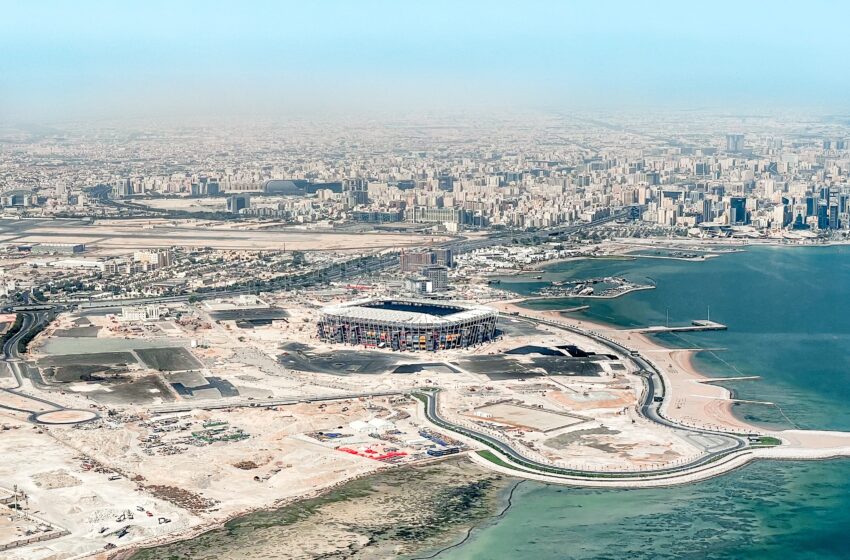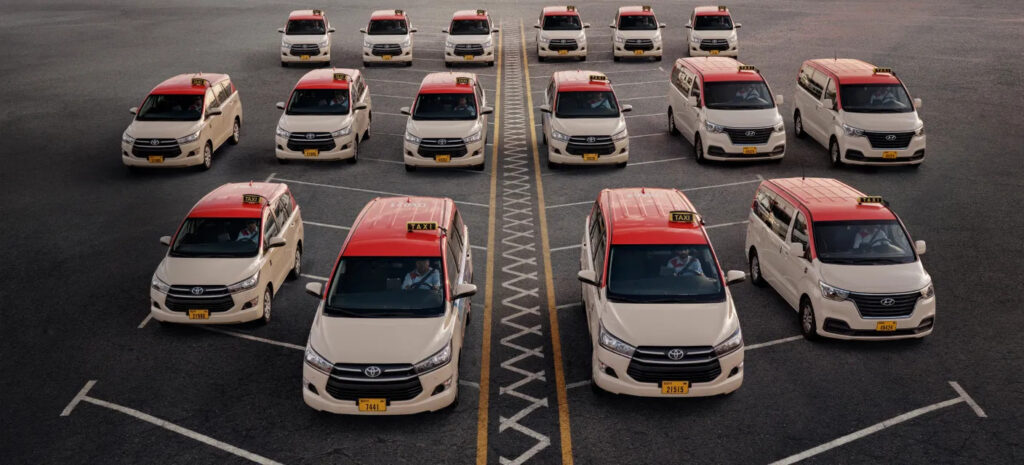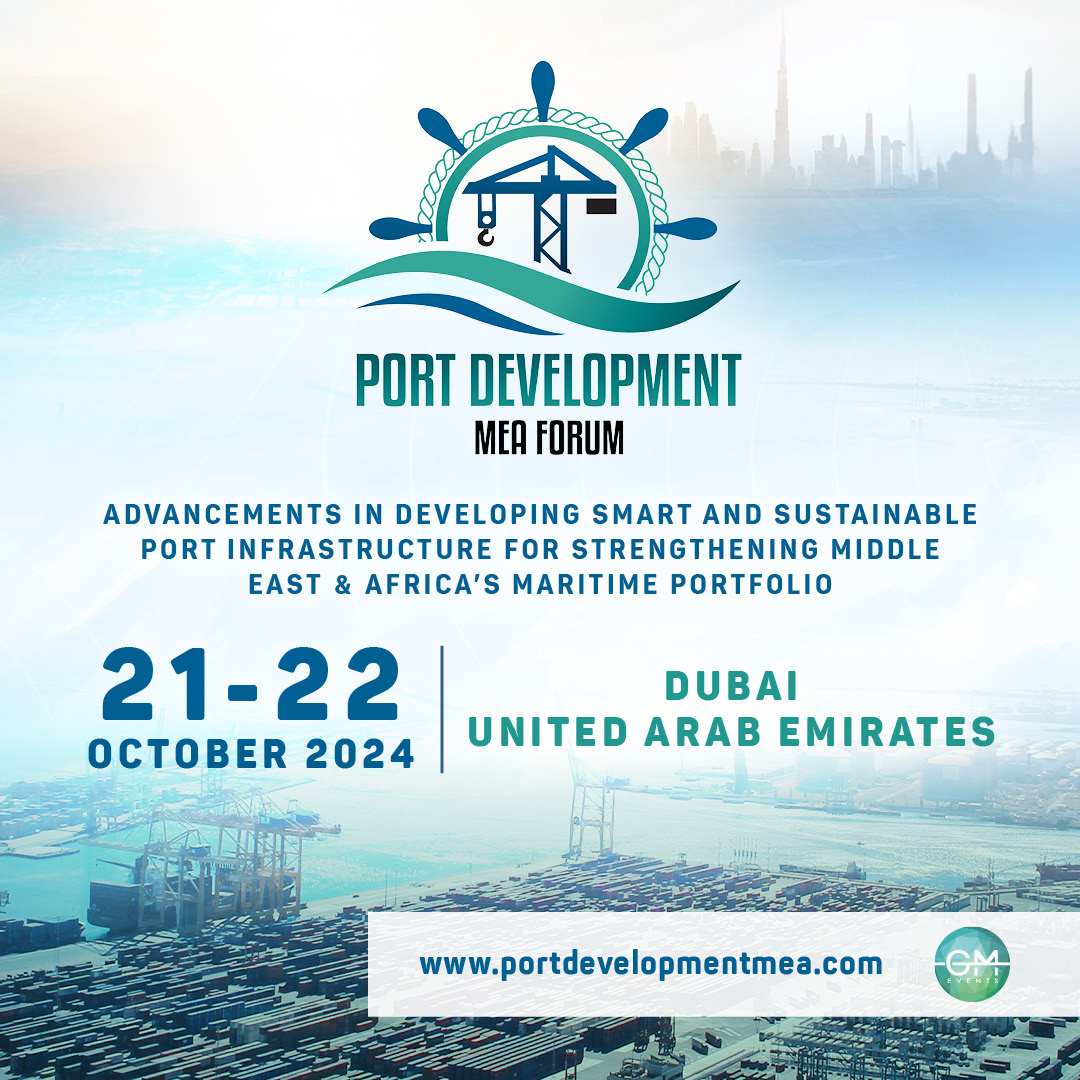
globalbizmag.com
Qatar Realigns Construction Sector Activities in Post-FIFA Event
The euphoria surrounding 2022 FIFA World Cup, held November last in Qatar, and the related boom in construction sector has subsided after the event and the tiny Gulf nation has now realigned the sector’s activities to meet the government’s National Vision 2030 targets for transport and culture.
According to a Turner & Townsend’s Qatar Market Intelligence report, the sector’s growth rate is expected to rise by 9.5% between 2023 and 2030, with transport and culture are taking centre stage in Qatar, with the government continuing to invest in infrastructure in line with the 2050 Transport Plan comprising 286 schemes to be awarded in the next few years.
“While examining the legacy of the FIFA event, it is evident that attempts to deliver the event on schedule helped the nation’s construction sector, but questions are now being raised about how the leaders and government are navigating the pressure to maintain high demand,” the report said.
Though Qatar’s construction market will experience a cooling period this year, buoyant international energy markets and record-high export revenue, as well as inflows of foreign investment, will continue to drive national finance growth and enable Qatar to continue to move forward with their growth plans for strategic sectors that will support robust construction activity, the report, authored by David Smith, Partner, Qatar Country Manager, Turner & Townsend, noted.

Next Growth Phase
The report further said that Qatar’s next phase of construction will effectively drive the objectives of Vision 2030, whose main aim is to create an advanced society capable of sustaining its development and providing a high standard of living for its people.
High government spending will be the driving force behind the construction industry’s growth. The government aims to develop infrastructure and diversify the economy by moving away from its dependence on the oil and gas sector. A key focus area will be the modernisation of infrastructure, in particular mobility programmes.
Government spending will increase in both the healthcare and education sectors, and we will also see the launch of the Gulf Railway programme, with Qatar planning to launch its portion of the railway connecting Qatar and Saudi Arabia. The local rail network will be expanded from Doha to Al Khor in the north and to Al Waqra in the south, the report said.
The repurposing of World Cup stadiums such as ‘The 974 Stadium,’ was primarily constructed out of shipping containers; many of its components were recycled, and the seats will be shipped to other nations, most likely in Africa.
This area, a prime location by the sea, situated between the corniche and Hamad airport, will be transformed into a waterfront business district with entertainment options. Many of the stadium facades hold sentimental and symbolic value for Qataris and will be repurposed into projects that create social value in Qatar.
“An example would be Education City Stadium, which aspires to be converted into academic buildings and research labs. Al Khor’s Al Bayt stadium, which resembles an Arabian tent, will have a five-star hotel, a shopping mall, and there are talks underway about installing a hospital on the ground level,” the report said.
Even Qatar’s liquified natural gas (LNG) expansion projects will be one of the driving forces behind construction growth. The North Field East (NFE) project is the world’s biggest single non-associated natural gas field offshore the north-east Qatar peninsula.
Lingering Challenges
The outlook for Qatar’s construction sector is promising, but there are significant, largely external, risks that could negatively affect the growth prospects of the sector. The world economy continues to struggle as a result of the knock-on effects of the conflict in Ukraine, global monetary tightening, and a downturn in China’s economy, which are also having a negative impact on the region’s main international trading and investment partners.
“Looking ahead, construction companies operating in Qatar and the GCC will need to account for potential risks associated with additional supply chain disruption and the prospect of rapidly rising input and investment costs. The Qatar construction market also saw an exodus of talent post-FIFA 2022. Going forward, the sector will have to deploy strategies to retain and attract more frontline talent,” the report said.










